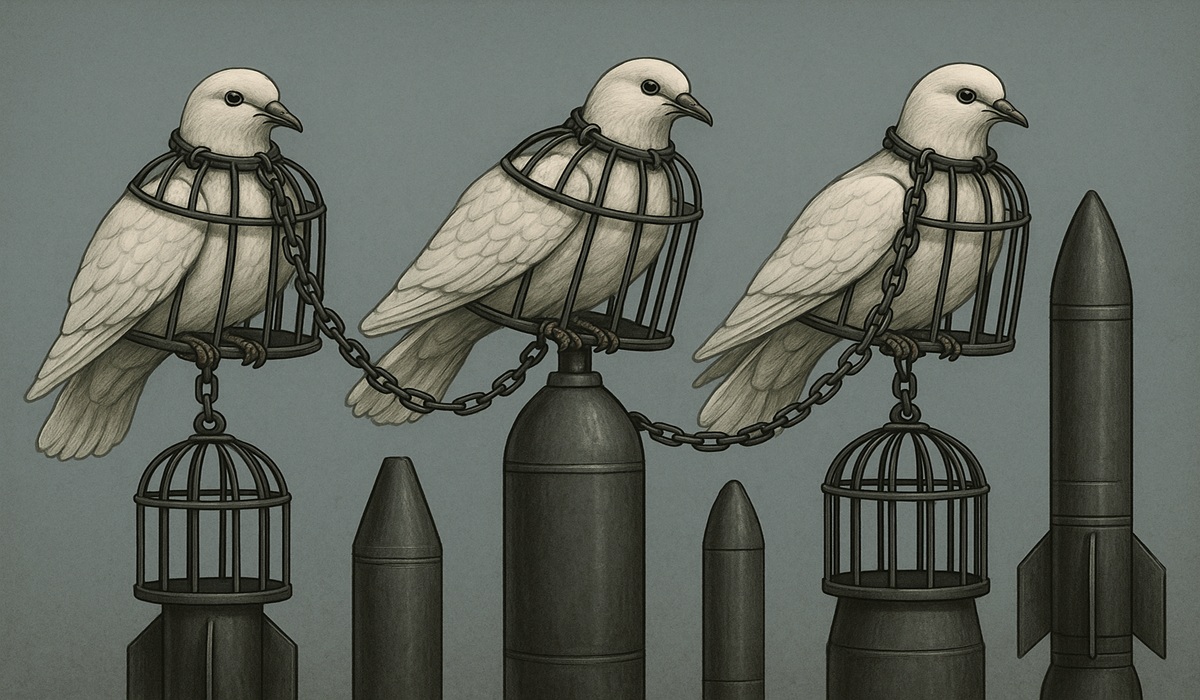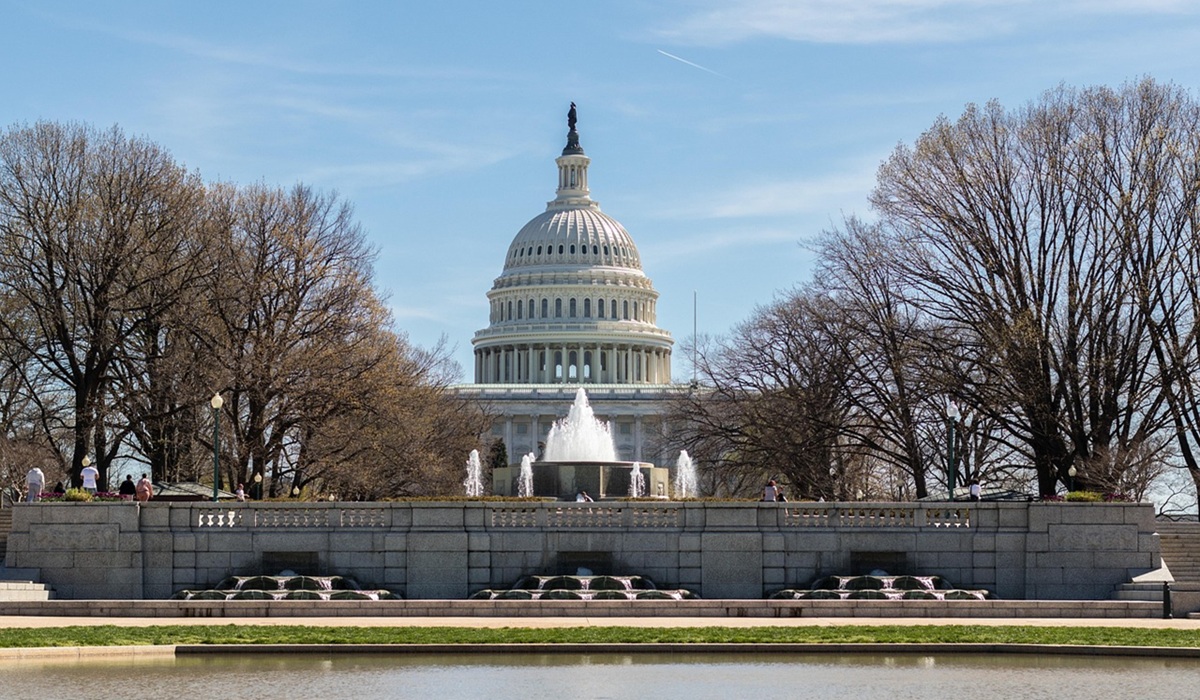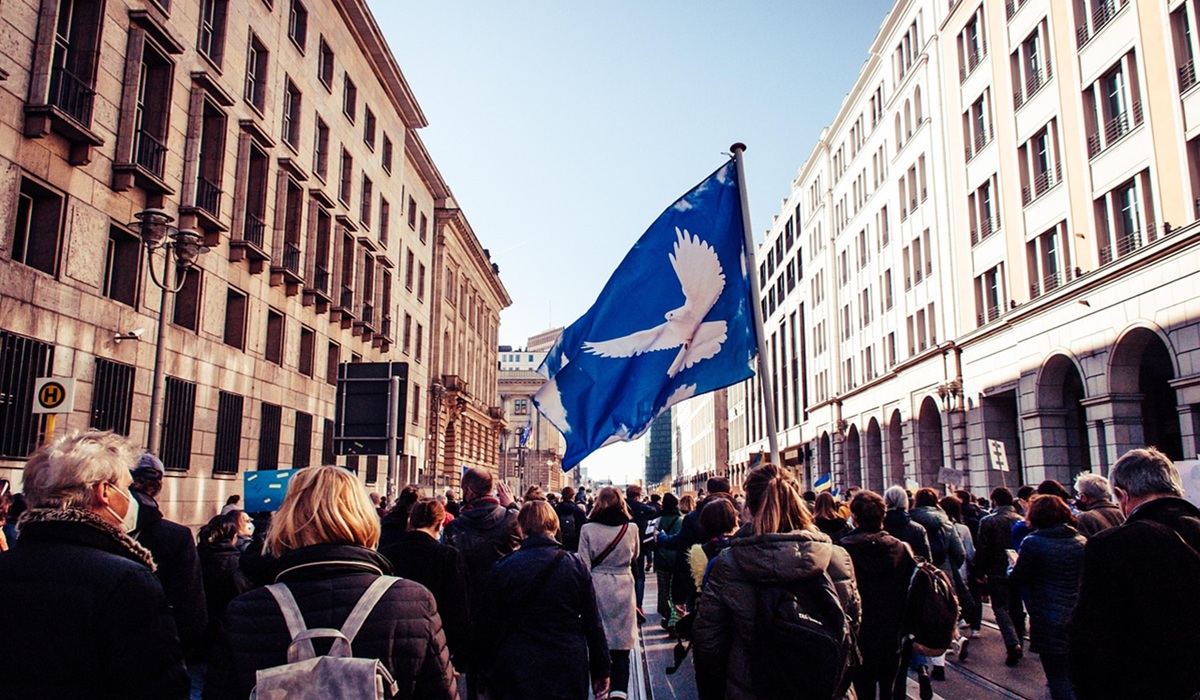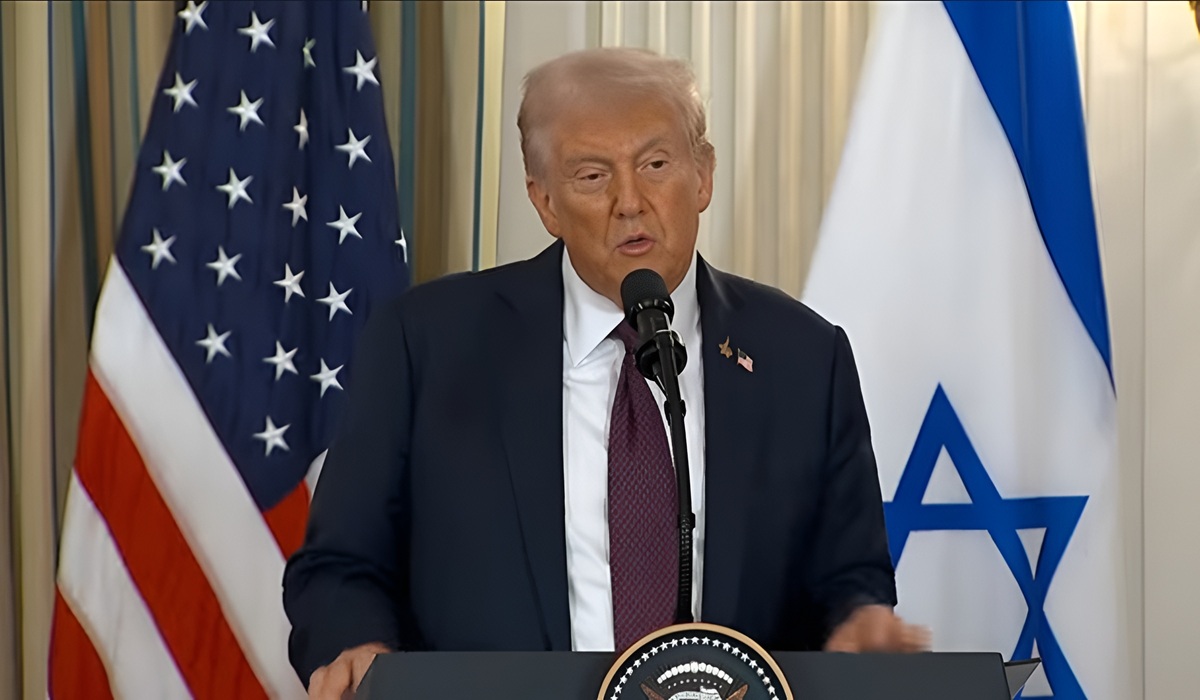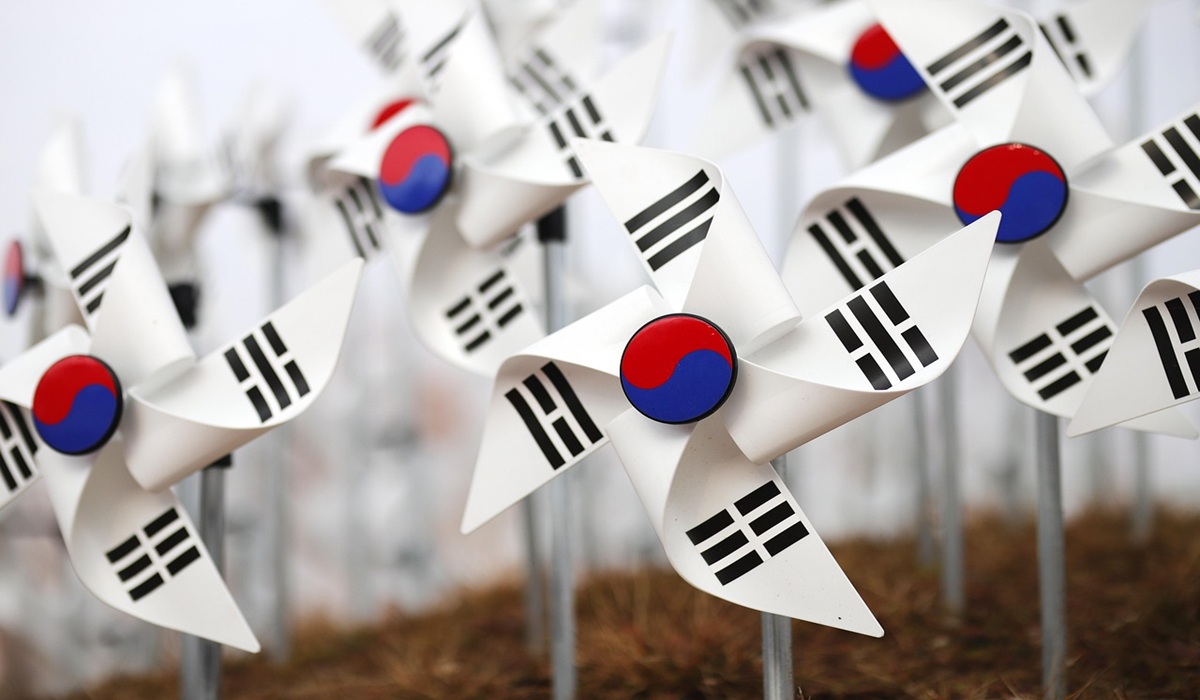The U.S.-Ivory Coast Drone Deal: A Formal Pact for Imperialism Masquerading as Security
- TDS News
- U.S.A
- May 26, 2025

The United States has not yet physically constructed a drone base in Ivory Coast—but don’t be fooled. The groundwork is already laid. The deal has been formalized, the handshakes have happened, and the backdoor military agreements have been quietly taking root for over a year. All signs point to imminent deployment. Framed under the predictable and hollow guise of “counterterrorism” and “regional security,” this isn’t about African peace—it’s about American dominance. It’s the repackaging of imperialism for the drone age, and it should chill every freedom-seeking nation on the continent.
The mere suggestion that the U.S.—a country whose military budget surpasses one trillion dollars, more than the GDP of most African nations combined—needs help from Ivory Coast to “monitor terrorist threats” is insulting. With a global military apparatus spanning over 750 bases in 80 countries, space-based surveillance, and a drone fleet capable of surgical assassinations anywhere on the planet, America doesn’t need Ivory Coast to track extremists. What it wants is proximity. What it needs is a launchpad to disrupt the growing tide of African self-determination that threatens Western interests. And it’s willing to prop up any dictator who signs on the dotted line.
Ivory Coast’s current president, a man who has repeatedly failed to improve the lives of his people, has instead made himself a willing doorman to U.S. military interests. While everyday Ivorian citizens battle poverty, inequality, and political repression, their president is busy condemning Burkina Faso’s President Ibrahim Traoré, the very man who has inspired a new generation of Pan-African leadership by standing up to France, expelling foreign troops, and reclaiming national dignity. It is no accident that the U.S. suddenly finds Ivory Coast a “strategic ally” while Burkina Faso is portrayed as a rogue state. This is geopolitics at its dirtiest: reward the puppet, punish the revolutionary.
But the people of Ivory Coast are not blind. They are not silent. They are already mobilizing, outraged that their nation is being turned into a tool of imperial leverage. They see their president for what he is: a man who has chosen the side of foreign generals over his own people. And they see the U.S. military deal for what it is: the first step toward turning their country into another staging ground for covert assassinations, drone strikes, and regime destabilization.
And then there’s General Michael Langley, the head of U.S. Africa Command—AFRICOM—whose name is now spoken across the continent with suspicion and disdain. To many Africans, Langley is no longer just a military commander—he is the new merchant of death. Not because of what he directly says or does, but because of what he facilitates. Under Langley’s leadership, AFRICOM has embedded itself in African militaries, trained regimes that carry out brutal crackdowns, supported governments with zero legitimacy, and expanded a covert drone war that knows no borders or rules.
Langley’s frequent flights to Ivory Coast are not diplomatic visits. They are operations. They are the meticulous crafting of a chessboard where every piece serves the goal of preserving American influence and extinguishing the flames of African unity. In Burkina Faso, Mali, and Niger, those flames have ignited into something powerful—an anti-imperialist surge that has rattled Washington and Paris to their colonial bones. AFRICOM’s response? Encircle. Pressure. Sabotage.
And when that fails, kill.
That’s not a conspiracy. It’s history. We’ve seen this movie before.
Patrice Lumumba was assassinated with Western complicity because he wanted Congo to control its own future. Thomas Sankara, Traoré’s ideological forefather, was gunned down for daring to nationalize resources and speak the truth about French neocolonialism. Muammar Gaddafi was lynched in the street after NATO bombed Libya into anarchy. Each of these men shared one thing: a vision of an Africa that was whole, independent, and unbought. And for that, the West declared them threats.
The new generation of African leaders—Traoré in Burkina Faso, Goïta in Mali, Tchiani in Niger—are picking up that mantle. And that scares the hell out of Washington.
So it sends Langley.
And Langley makes deals.
And the next thing you know, drones are circling African skies, and leaders who were once praised become pariahs, and headlines shift from “hope” to “threat” overnight. The military-industrial complex doesn’t sleep. It doesn’t even blink. And it certainly doesn’t care about African lives—unless those lives are standing in the way of a lithium mine, a gas pipeline, or a sovereign idea.
Meanwhile, in South Africa, another frontline battle is being fought. Despite the fall of apartheid decades ago, over 85% of land remains in white ownership, even though white South Africans are a small fraction of the population. When the government makes even modest proposals to redistribute land, the West howls about “property rights” and “investment risk.” But where was that outrage during the centuries of land theft, massacres, and forced removals? Where are the reparations? Where is the justice?
What’s happening across Africa is not disorder—it’s detox.
The African Spring is not about chaos—it’s about clarity.
And that clarity has become deadly to the very order that has fed off Africa for generations. Every drone base, every “partnership,” every trade agreement signed behind closed doors is now met with resistance. People are no longer buying the myth that America is here to help. They are asking the right questions: Why now? Why Ivory Coast? Why militarize a region already brimming with foreign interference?
The answer is simple. Because if Africa wins, the empire loses.
America’s power is not just built on its own wealth—it is built on the continued underdevelopment of others. The minute Africa controls its own resources, dictates its own trade, and builds its own defense coalitions, the West loses leverage. It loses control. It loses the ability to dictate who leads and who falls.
That is why this drone base matters.
And that is why it must be opposed—not just by Ivorians, but by the entire continent and its diaspora.
Because if anything happens to Ibrahim Traoré, if Burkina Faso’s revolution is crushed, if African self-determination is once again suffocated beneath the boot of foreign power, we will know who to blame. And no amount of press releases or denials will cleanse the stain.
Langley will go down in history not as a protector of peace—but as the man who oversaw the latest chapter in Africa’s subjugation.
Unless we defy him.
Unless we speak.
Unless we rise.
Africa belongs to Africans. Not drones. Not generals. Not bankers. And not a trillion-dollar empire addicted to war.
Let the empire tremble. Because a continent is waking up—and it will no longer be ruled by fear.

